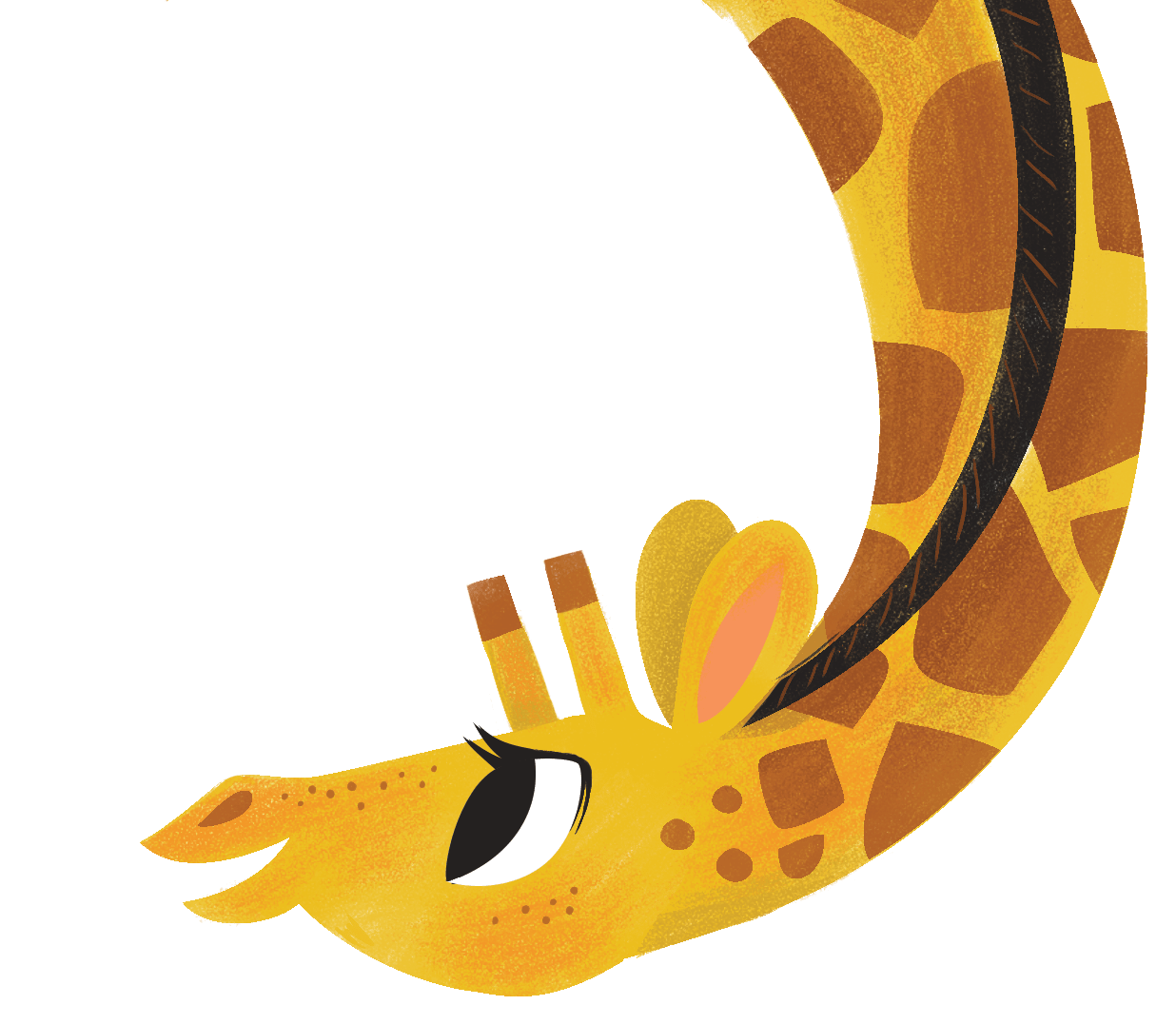 Part of the thrilldom of choosing an author’s path is a lifetime of being a student. While I was working on Lanie’s stories, for example, I learned all kinds of things about orangutans. Did you know they eat hundreds of different fruits, and may have a “botanical repertoire” of as many as 4,000 plants? That’s a lot of knowledge stored in an orangutan brain. I always did love school. When my mom started to homeschool my older sister she says I used to ask, “Do I have to go to school too?”
Part of the thrilldom of choosing an author’s path is a lifetime of being a student. While I was working on Lanie’s stories, for example, I learned all kinds of things about orangutans. Did you know they eat hundreds of different fruits, and may have a “botanical repertoire” of as many as 4,000 plants? That’s a lot of knowledge stored in an orangutan brain. I always did love school. When my mom started to homeschool my older sister she says I used to ask, “Do I have to go to school too?”
“Only if you want to,” she’d say.
But I wanted to be a real student. “No, Mom!” I’d say. “Tell me I have to.” Every day, I watched Maji students–some as old as 16 or 17–walk into the primary school my parents helped with. I couldn’t go to that school because the instruction was in Amharic. The Ethiopian girls in the above picture with my siblings and me couldn’t go to that school…because they were girls.
 Ethiopia can break your heart. There are regions and city neighborhoods where children (21% across the country) have no access to school at all. Even where kids can go to school, their only experience with writing is often having the teacher write a sentence on the board and waiting for a turn with the pencil to copy that sentence onto paper. Thousands of Ethiopian children learn to read–and never hold a book in their hands.
Ethiopia can break your heart. There are regions and city neighborhoods where children (21% across the country) have no access to school at all. Even where kids can go to school, their only experience with writing is often having the teacher write a sentence on the board and waiting for a turn with the pencil to copy that sentence onto paper. Thousands of Ethiopian children learn to read–and never hold a book in their hands.
 But what I see when I visit Ethiopia these days is something else. I see kids hungry for education. Teachers who want to learn new approaches and methods. And I see the results of amazing people standing at the edge of the ocean scooping stranded starfish from the sand.
But what I see when I visit Ethiopia these days is something else. I see kids hungry for education. Teachers who want to learn new approaches and methods. And I see the results of amazing people standing at the edge of the ocean scooping stranded starfish from the sand.
In Saint Paul, Minnesota, a group of third graders at St. Anthony Park Elementary School heard from Eric, their classroom volunteer, that he was going to be adopting a son from Ethiopia. They set about raising money for what became The Sefi Whittington Grand Library 103. The students, now starting sixth grade, named the library for Minneapolis baby Asefa (Sefi) Whittington, seen here with his dad, Eric Whittington. Only after much prompting from their third grade teacher did the kids add their identity to the library name—simply their room number, 103. Children half a world away will be reading books because of those young readers in Minneapolis.
The 17 educators who were part of the Fulbright-Hayes group that traveled to Ethiopia this summer saw several of the schools in the region where Sefi Whittington’s library (and others) have been planted. One described them as “hugely impressive.”
 They also got to see a donkey mobile library in action. Five of these have been sponsored so far…by Rotary, by educator groups, by families. They carry books to several neighborhoods and schools about five hours away from Addis Ababa in the regional capital Awassa. http://ethiopiareads.org/programs/mobile
They also got to see a donkey mobile library in action. Five of these have been sponsored so far…by Rotary, by educator groups, by families. They carry books to several neighborhoods and schools about five hours away from Addis Ababa in the regional capital Awassa. http://ethiopiareads.org/programs/mobile
 This week, Ben Berhe, a Canadian Ethiopian book lover, will be visiting the library that his family co-sponsored in Addis Ababa. Several years ago, he came to a board and leadership retreat in Denver and made the pledge to raise the money…for the first Canadian-sponsored Ethiopia Reads library.
This week, Ben Berhe, a Canadian Ethiopian book lover, will be visiting the library that his family co-sponsored in Addis Ababa. Several years ago, he came to a board and leadership retreat in Denver and made the pledge to raise the money…for the first Canadian-sponsored Ethiopia Reads library.
In 2011, Ethiopia Reads will be collaborating with another literacy project, with the goal of planting one excellent school library to be a model–in each of 10 regions of Ethiopia. We’ll also be working on a library for the very first girls’ school established in Ethiopia, now a place with great leadership potential for girls’ education. Seeds. Start-ups. A tiny group of volunteers planting flags in the sand.
Will it be easy? Whoa…no. For one thing, we have to raise money–a lot of money–to ship at least 2 huge containers full of primary-level books that schools and individuals have donated and sent to amazing volunteer LeAnn Clark (here in Addis Ababa this summer), who sorts, packs, and stores them.
ship at least 2 huge containers full of primary-level books that schools and individuals have donated and sent to amazing volunteer LeAnn Clark (here in Addis Ababa this summer), who sorts, packs, and stores them.
Anyhow, Ethiopia Reads may have planted 50 libraries so far, but 65.8% of the schools in the country have no library…and some of the schools that do have a library have a collection of books completely unsuited to the students who go there.
With all those starfish scattered on the sand everywhere, you can’t make a difference.
In the story, the man stoops, picks up a starfish, and gives it a toss. It glitters briefly in the air before falling into the water. “Well,” he says. “I made a difference to that one.”
I can’t wait to look around and see who will be standing on the sand with me this year. http://www.ethiopiareads.org

